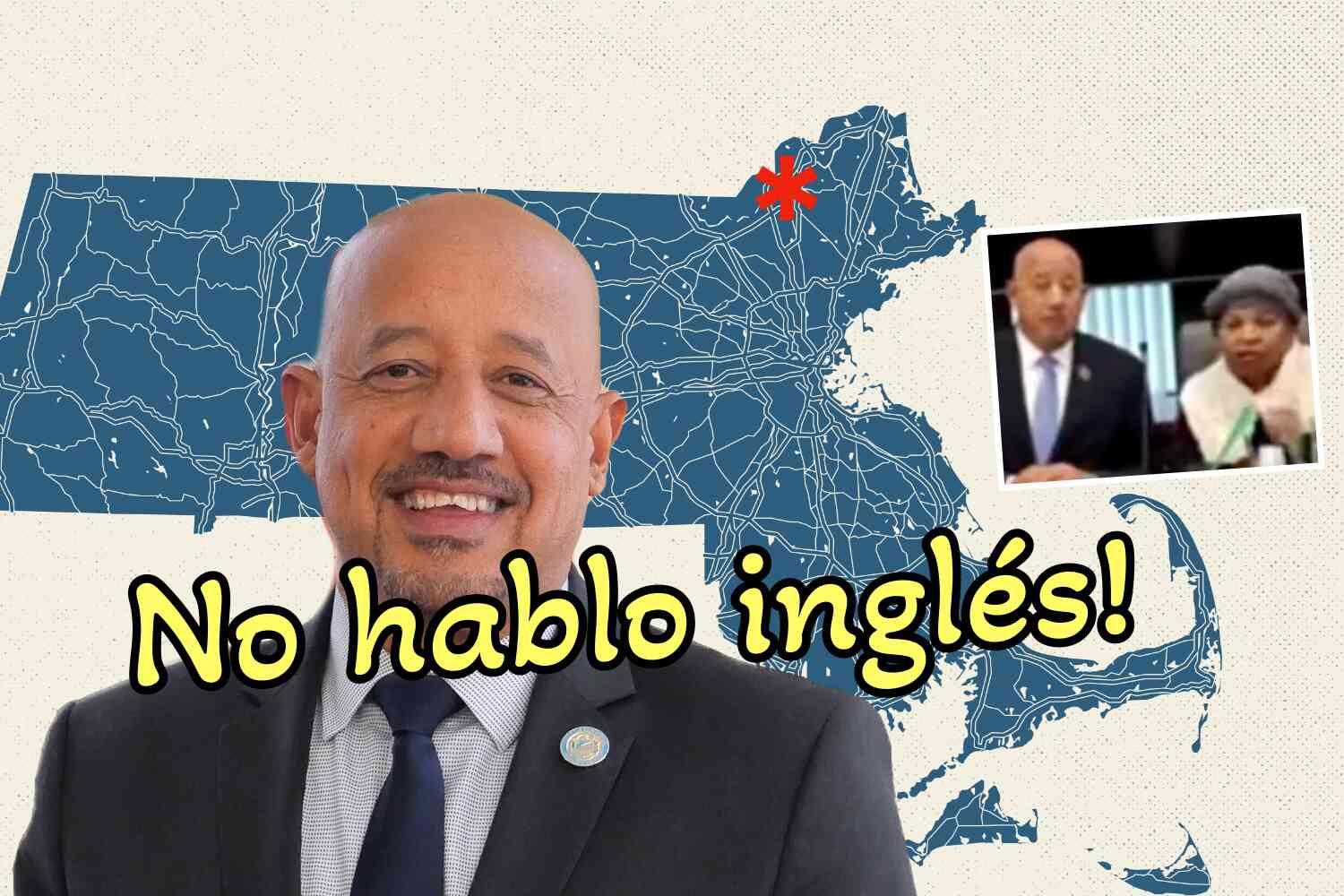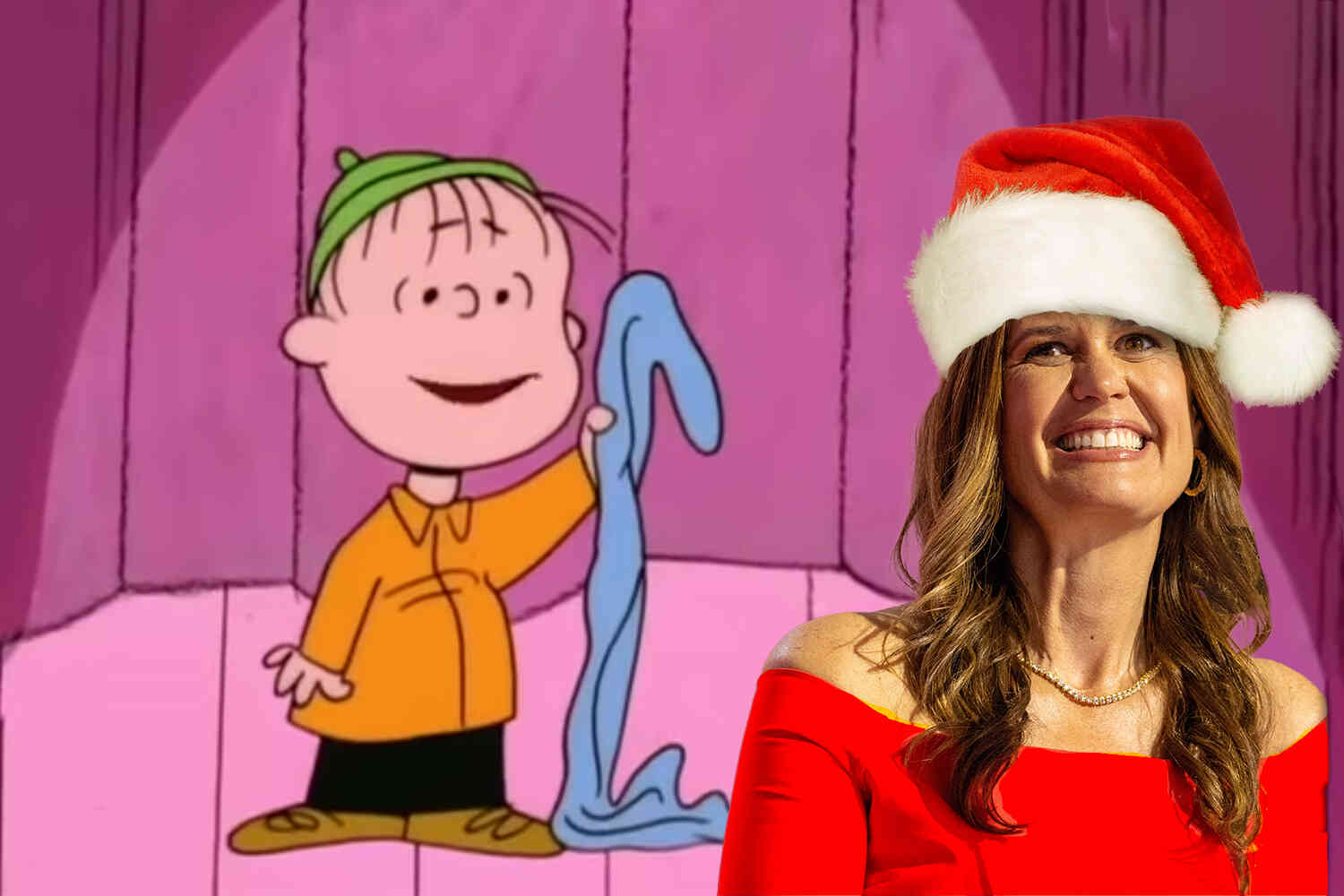"I don't see color; we're all just human," is now a "common racist attitude."
Meanwhile, somewhere at an elite liberal arts college:

Like the 97-Item Privilege Checklist of the YWCA, this exercise comes from the YWCA's "21 Day Racial Equity & Social Justice" uncovered by researcher Christopher Rufo. It is truly a 21-day treasure trove of awfulness, cognitive dissonance, insanity, and divisiveness.
This particular exercise comes about "Day 5" of the 21-day challenge:
* * *
* * *
"White fragility" is little more than a racist slur intended to delegitimize any objection a white person may have to the thoroughly racist "anti-racist" agenda. The putative textbook for the concept is Robin DiAngelo's eponymous work. I wrote a review of it here if you'd like to know more, but the short version is: "You're a racist so shut up about it already."
Each day's challenge offers a series of exercises you can choose – depending on your time constraints – to fulfill the demands of the challenge.
* * *
* * *
It's the 10-minute challenge we'll be examining, although there is realistically no way you could truly understand the five pages of dense material in ten minutes (although that might be by design). I can't imagine they'd want you to actually read the explanations given since they are so unhinged from reality.
But don't worry: we don't need to go through all 28 to understand what this exercise is all about. Let's start with the first one as it is the perfect example of their approach.
"I'm colorblind."
"People are just people; I don't see color; we're all just human." Or "I don't think of you as Chinese." Or "We all bleed red when we're cut." Or "Character, not color, is what counts with me."
What's interesting here is they don't try to redefine what "colorblind" means. That's the usual trick. No, they know exactly what it means, and that's why they have a problem with it. It is more difficult to pit people against each other if they see each other as human.
How are you supposed to build a career based on sowing resentment and suspicion if we let that sentiment take hold?
REALITY CHECK + CONSEQUENCE:
Statements like these assume that people of color are just like you, white; that they have the same dreams, standards, problems, and peeves that you do.
Let's break this down a bit.
Remove the word "white" for a moment.
Statements like these assume that people of color are just like you; that they have the same dreams, standards, problems, and peeves that you do.
Let that sink in.
They concede that colorblind means exactly what everyone understands it to mean: We're all human.
Add "white" back in, and you start racializing it immediately. The sneer is self-evident. We're not talking about people anymore. We're talking about identities.
We're talking about white people.
This immediately follows.
"Colorblindness" negates the cultural values, norms, expectations and life experiences of people of color.
No, it does not, because to believe that, you have to be a racist.
First, you're assuming that your "cultural values, norms, expectations and life experiences" are defined by the color of your skin. Because you're black you must have certain "values" and "norms." They wrote that, and they wrote it on purpose.
I feel like I accidentally pulled up a keynote speech for the Exalted Cyclops at a Klan luncheon.
Why the conflation with culture and the color of your skin? Do these people ever walk off campus and check out life on the outside?
A black Yale-educated Chicago lawyer would share a more common culture with a white Harvard-educated New York investment banker than he would a black Iowa farmer, and likewise the white investment banker would share a more common culture with the black lawyer than he would a Boston Southie.
Just imagine mixing them together socially and see how it goes:
Culture is not race-based. To say otherwise is racist.
Second, no one is saying that every human being has the exact same "dreams" or "peeves." For example, I have a pet peeve about people who don't separate the small forks from the large forks in the utensil drawer. That doesn't mean every person on earth – white, black, or other – shares that same pet peeve (even though they really should because come on, they make them different sizes for a reason).
"Colorblindness" does not negate cultural values. The whole point of a conversation is to learn those things from the other person.
But they can't let it go.
Even if an individual white person could ignore a person's color, society does not. By saying we are not different, that you don't see the color, you are also saying you don't see your whiteness.
"Society" is made up of people. I feel like I need to point that out.
And no one is saying people aren't different. They are. As individuals.
Oh, and according to them, claiming "you don't see your whiteness" is explicitly racist. Just a heads up.
This denies the people of colors' experience of racism and your experience of privilege.
"Privilege" is a conversation we've had before, but not judging you based on the color of your skin does not deny anything. What it does is to not assume anything.
"I'm colorblind" can also be a defense when afraid to discuss racism, especially if one assumes all conversation about race or color is racist. Speaking of another person's color or culture is not necessarily racist or offensive. As my friend Rudy says, I don't mind that you notice that I'm black." Color consciousness does not equal racism.
Correct. "Color consciousness does not equal racism," but assuming the color of a person determines certain specific attributes absolutely equals racism.
While this piece was vetted and edited by others, it was credited to one person: Debra Leigh, "Organizer, Community Anti-Racism Education Initiative."
Leigh's current position is "interim vice president for cultural fluency, equity and inclusion at St. Cloud Technical and Community College." She also does some side work for High Impact Training:
Debra designs and facilitates seminars to help organizations understand and overcome racism. She also trains and coaches faculty and community members to facilitate difficult conversations and workshops about anti-racism.
Interestingly, race baiting was a side gig for her up until recently. She spent most of her career in dance:
Debra's formal training is in dance. She earned her BA degree from the University of Missouri in Kansas City and her MFA from the University of Illinois in Champaign/Urbana.
Debra Leigh was employed at St. Cloud State University from 1989 - 2020. During her initial assignment as Director of the Dance program, she moved the dance program from the physical education department to the College of Performing Arts; developed new curriculum and assessments; and founded the SCSU Repertory Dance Theater, Summer Dance Institute, the Multicultural Children's Art Connection and the Full House Children's Dance Company.
Were this a paper on successfully executing a proper relevé, I'd be on board. Anti-racist training, not so much.
Most of the rest of the exercise is similar to her treatment of "colorblindness" that up until five minutes ago was considered the gold standard of not being a racist, although there are a few other choice moments.
There's the straw-man argument intended to delegitimize a tenet of American exceptionalism:
The Rugged Individual, the Level Playing Field and the Bootstrap Theory.
"America is the land of opportunity, built by rugged individuals, where anyone with grit can succeed if they just pull up hard enough on their bootstraps.
"REALITY CHECK + CONSEQUENCE:
These are three of the crown jewels of U.S. social propaganda. They have allowed generation after generation to say, "If you succeed, you did it, but if you fail, or if you're poor, that's your fault." Belief in this propaganda is founded on a total denial of the impact of either oppression or privilege on any person's chance for success.
This is a cartoonish representation of these concepts. Of course, luck plays into it, as does "privilege" in its traditional meaning (born to wealth, etc.) and even to some extent oppression, but America really is the land of opportunity.
Black and brown people from around the world – including those with little education, money, and skills – are willing to risk their lives to get here despite having little to no "privilege."
For all her dance education, Leigh doesn't seem to understand what those people understand. I don't doubt she has had struggles with racism (Thirty years ago in Minnesota? I'm sure she encountered it). But she has no idea what real "privilege" is, otherwise she'd recognize she's the beneficiary of it.
Let's "lighten" things up for a moment:
Lighten up. (Lighten? Whiten?)"
Black people are just too sensitive and thin-skinned." Or Indians should get a sense of humor. We're just kidding around." Or "I didn't mean anything racist; it's just a joke."
"Lighten? Whiten?"
This is so childish and, I'm sorry, dumb, that I had difficulty taking any of the rest of it seriously.
Here is the origin of the word "lighten."
‘Lighten up' is an ancient English idiom and there are many beliefs regarding its origination. Its origin can be based on a legend that says that when people die their heart is weighed to check whether they have performed good or bad deeds, if it is heavy they will straight away go to hell and if it is light, they will enter heaven.
But by all means, let's imbue that with racist intent.

Just a reminder that Disney was one of the sponsors of this mess:
It wasn't cheap, either.
I wonder if the executives at Disney read any of the material before cutting the check and patting themselves on the back.









